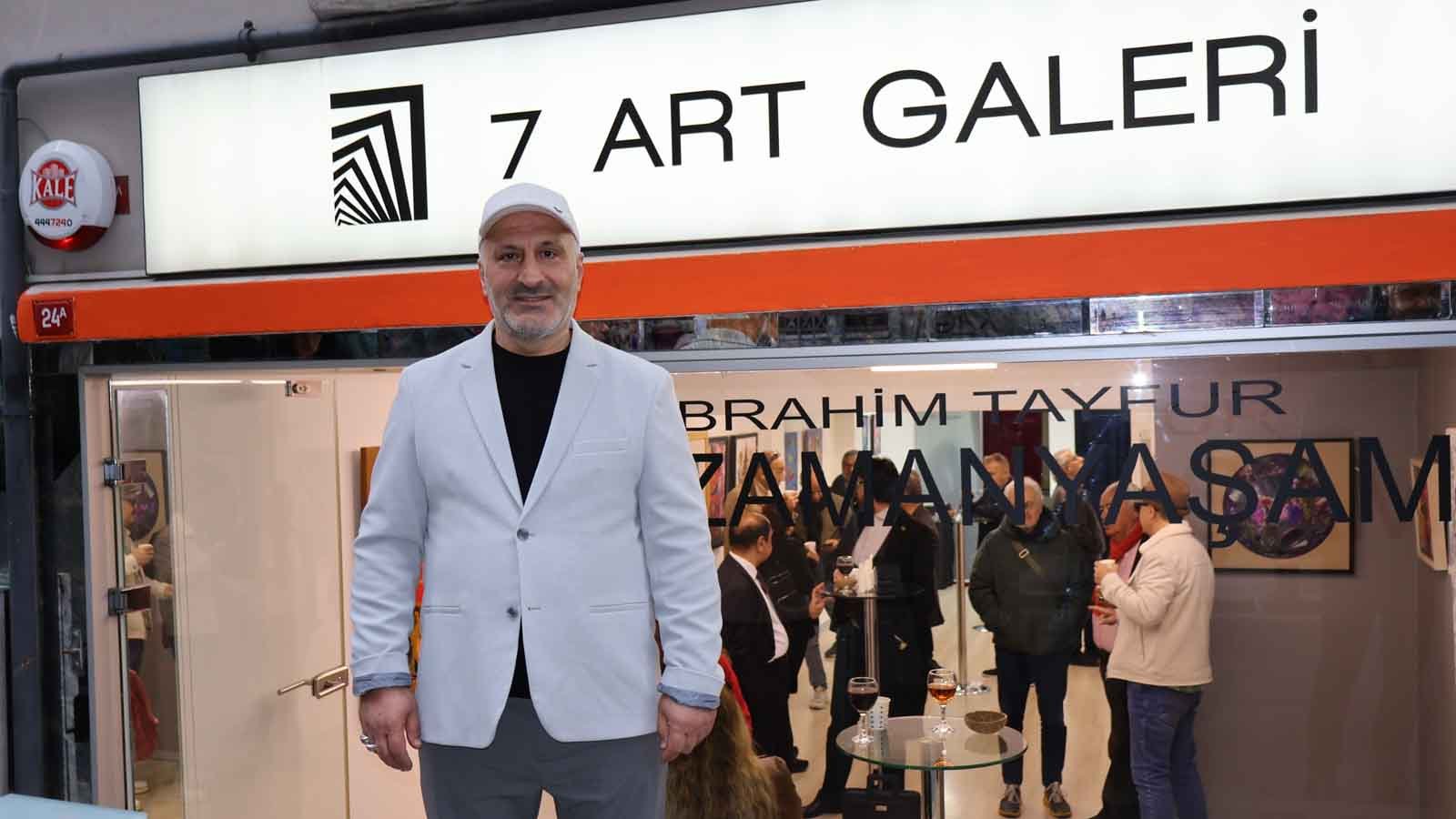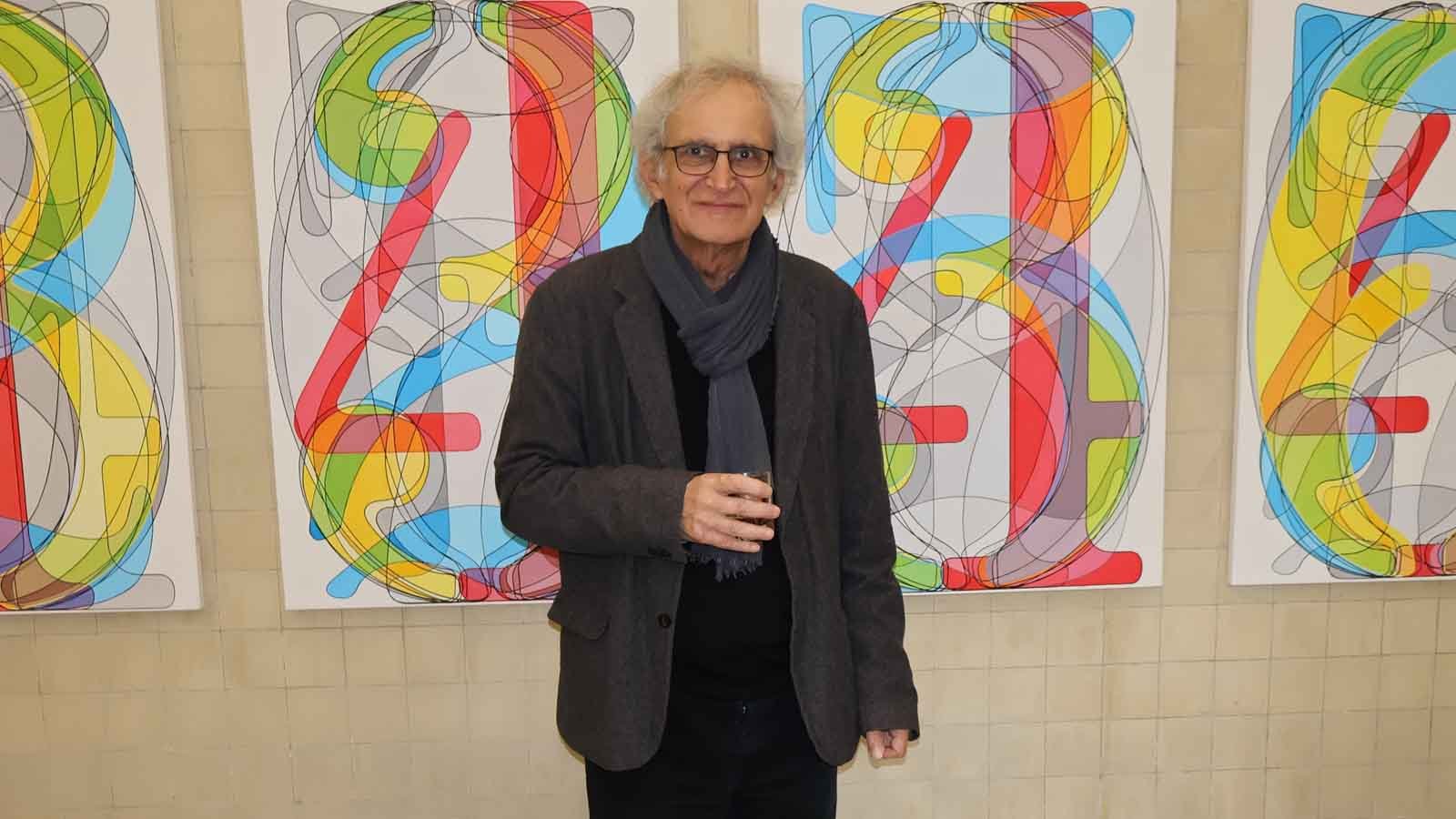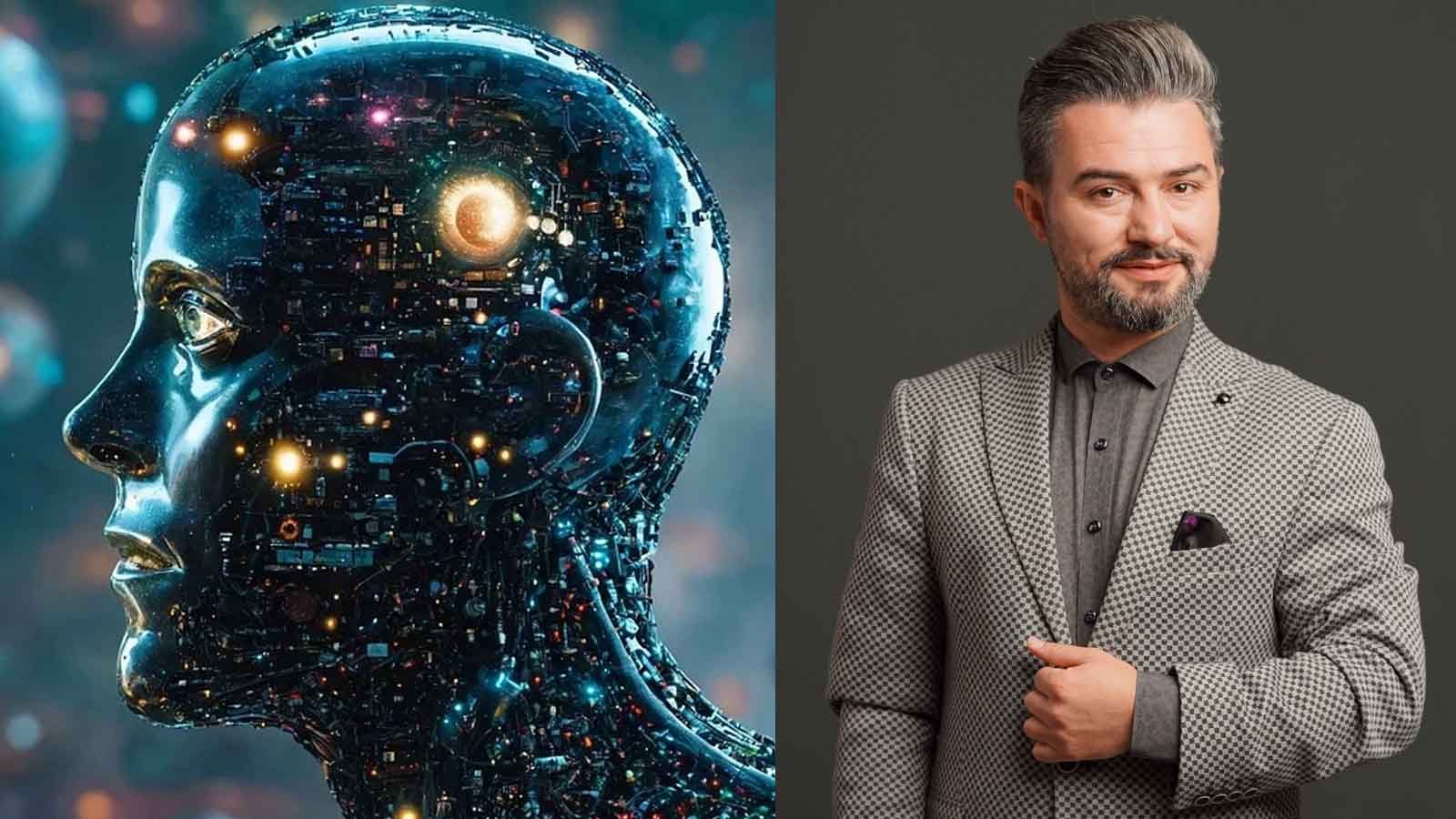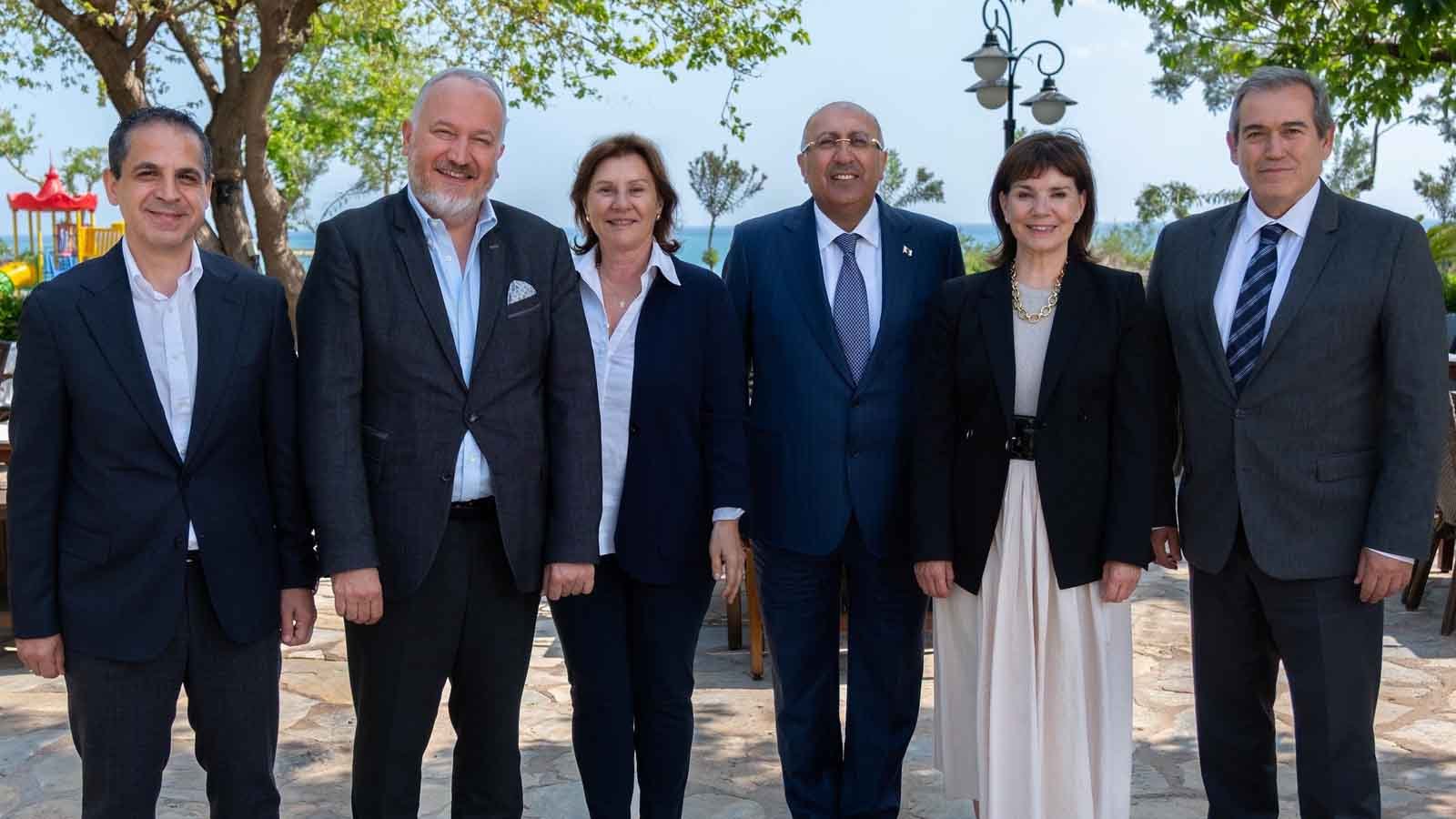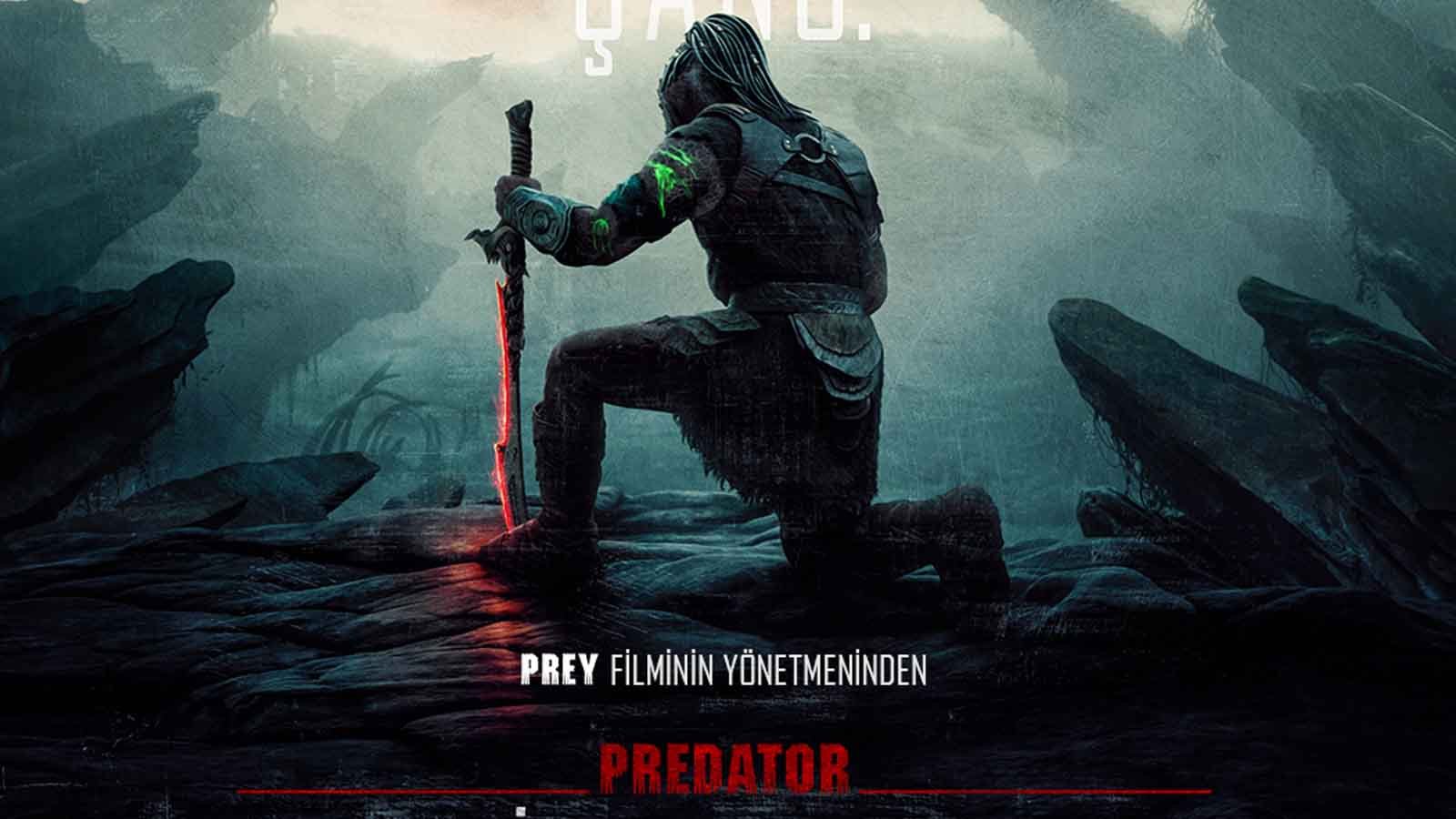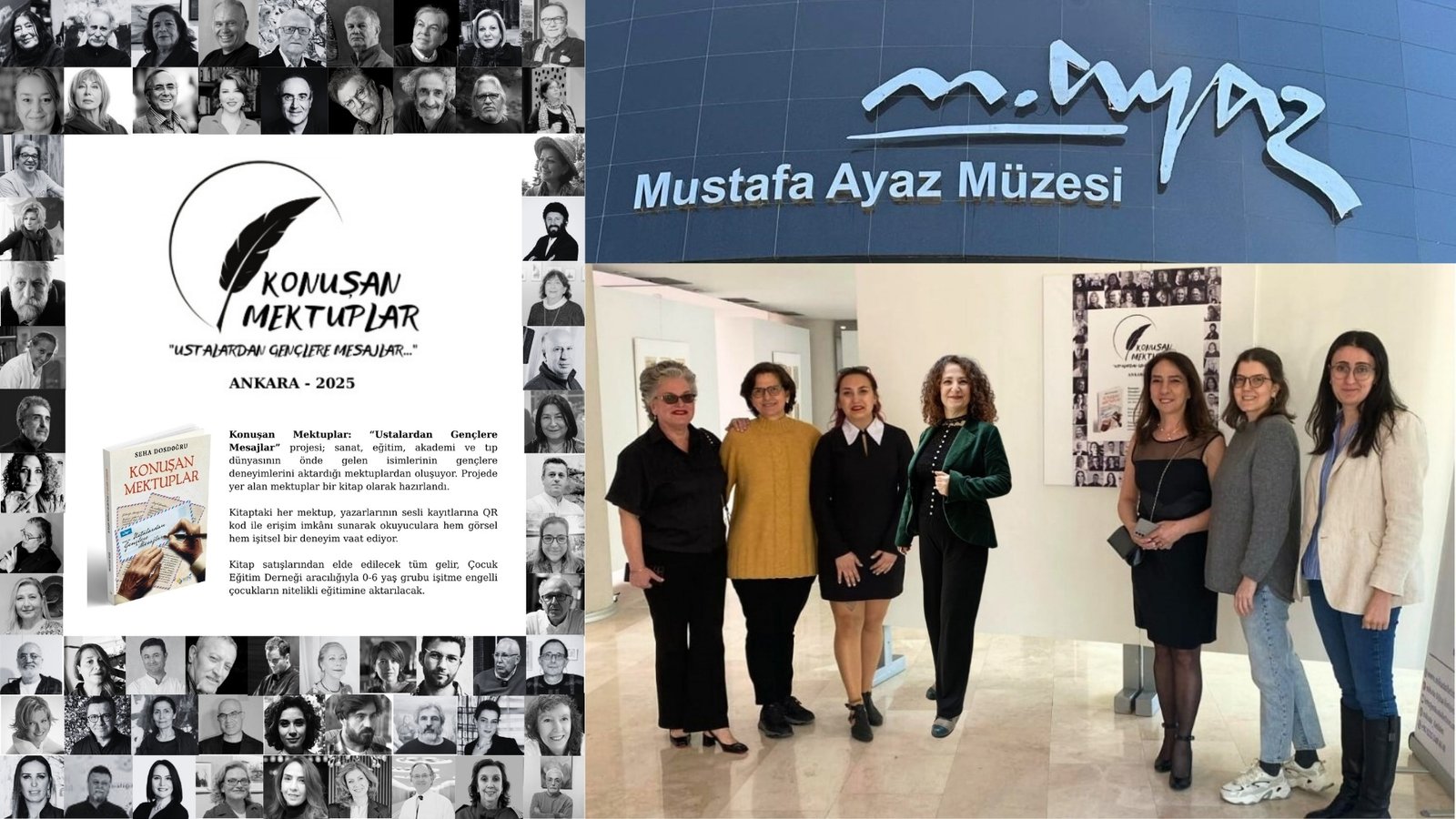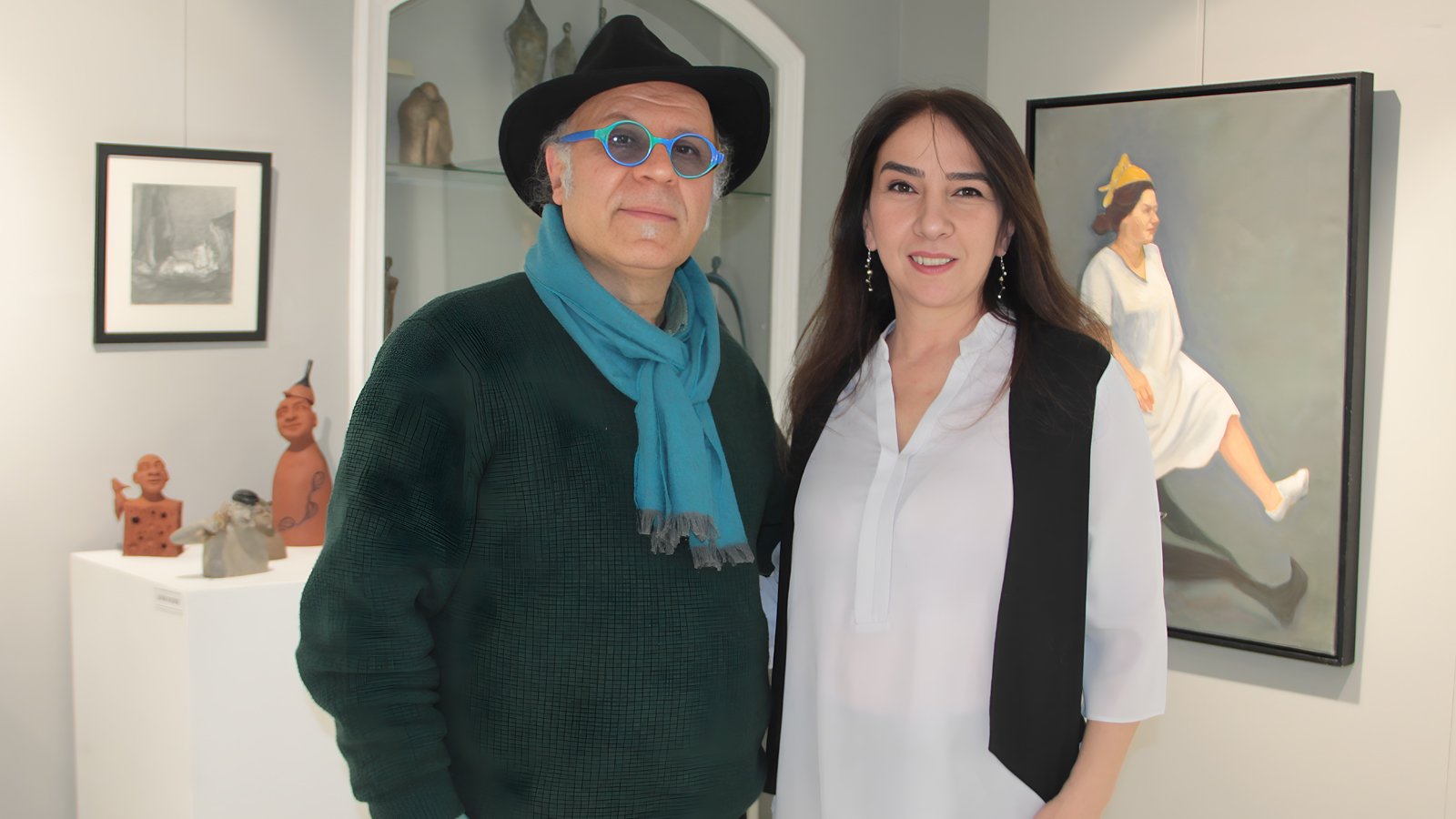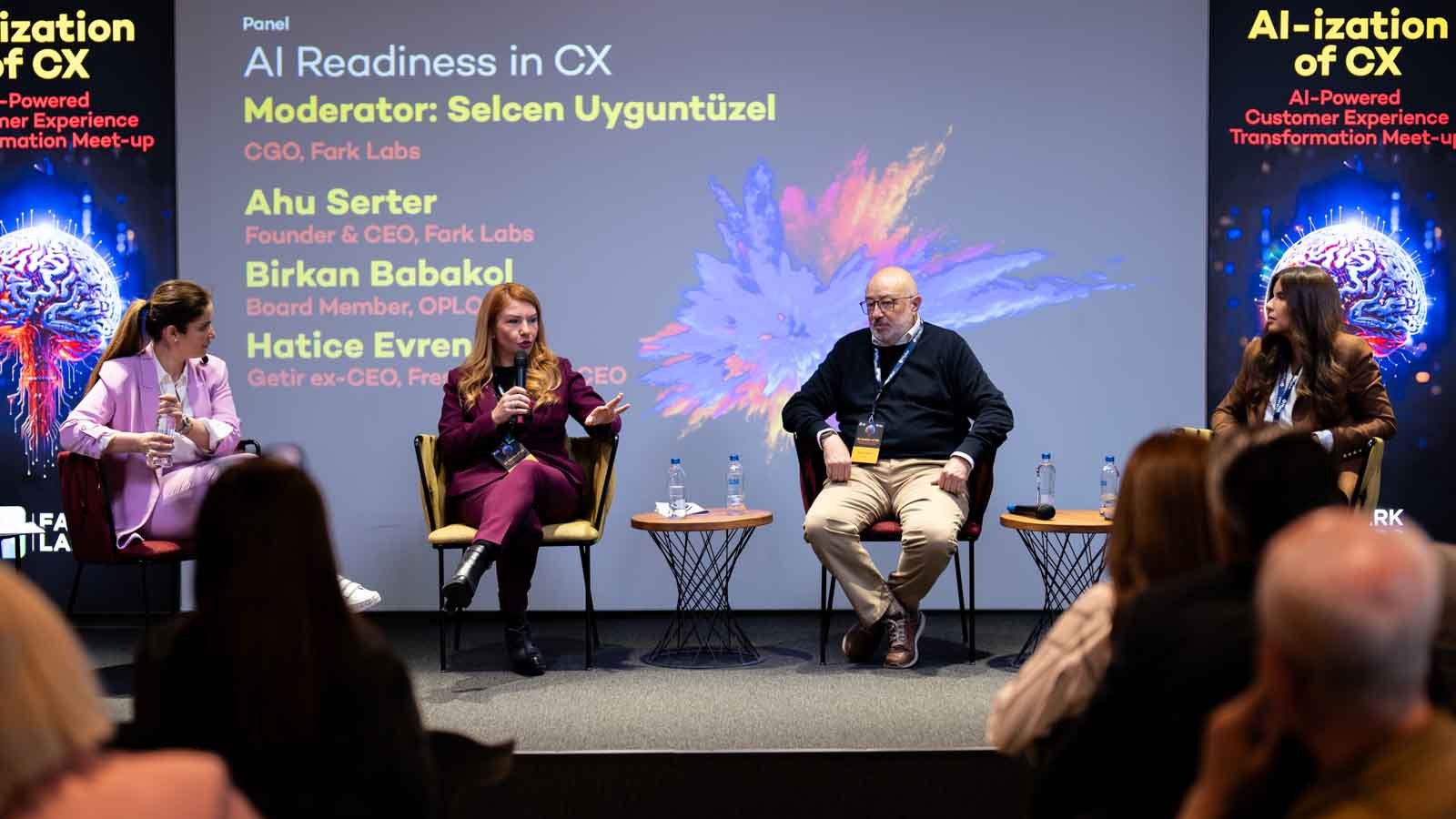Esra Banguoğlu Oğut, a yoga instructor, life coach, and author, unveils the keys to abundance and prosperity in her book Sen Varsan Bereket Var (You Exist, So Does Abundance). We spoke with her about her new book and her journey toward happiness.
Interview by: Özge Zeki
Esra Banguoğlu Oğut: “Happiness Comes from Remembering Our True Essence”
Esra Banguoğlu Oğut’s book Sen Varsan Bereket Var (You Exist, So Does Abundance), originally published in 2021 in the United States under the title Money Does Grow On Trees, has reached Turkish readers through Doğan Kitap. The book offers readers a profound inner journey, showing how to transform their relationship with financial freedom and the energy of abundance. In her book, Esra shares both personal experiences and life lessons she has been teaching her students for years.
She begins the book with an intriguing anecdote about how her journey started:
“Years ago, I asked myself, ‘Why is it that no matter what I do, even when I’m successful, I can’t earn money?’ My mentor, Darel, said, ‘Recall your first memory of your relationship with money.’ I realized that, due to an incident when I was seven years old, I had decided back then to reject prosperity and money. Not long after becoming aware of this story, I earned my first million dollars. First, we write our stories, and then they create us.”
With her book on personal transformation and abundance consciousness, Esra speaks not only to those seeking financial success but also to anyone striving for spiritual peace and a balanced life. Sen Varsan Bereket Var invites readers to discover their inner potential, break free from limiting beliefs, and attract abundance into their lives.
We had the pleasure of speaking with Esra about both her book and her inner journey. Our conversation was so engaging that we didn’t want it to end. With the hope that it guides you as well, we present a portion of the interview here, with the full discussion available in our video.

Esra Banguoğlu Oğut: “Happiness Comes from Remembering Our True Essence”
You have a remarkable life story and journey, Esra. You’ve been exploring and practicing various disciplines and teachings for many years. I know this is a broad question, but in your view, what is happiness?
I believe happiness is about remembering our soul as it is. Unless we connect with, remember, and feel that soul—our essential existence—I don’t think we can achieve lasting happiness. To me, that’s what happiness is. Looking at my own life, I started from a place of unhappiness and learned to be happy over time. So, I can say I know both sides quite well. At its core, happiness is a choice of existence—a state of being.
However, many people, myself included, often confuse happiness with satisfaction. Happiness is a state, a choice. If we choose to be happy, we can be, regardless of our circumstances. If our happiness depends on conditions, and we confuse it with satisfaction, we’ll always feel like we can’t truly grasp happiness. One of the examples I admire most is Alice Herz-Sommer, who managed to find happiness in a Nazi camp with her five-year-old child. She wrote a book called Heaven in Hell. That’s why happiness is a choice of existence—such a powerful choice that once we embrace it, no one can take it away from us.
For many years, you’ve been working with your husband, Aykut Oğut, training life coaches. After the pandemic, we’ve transitioned into a highly digitalized world, but we’re facing new challenges: anxiety, loneliness, difficulty in communication… Everything seems harder than it used to be. How do you interpret this situation?
How we experience the world is always rooted in our perspective. But like you, I also feel that some things have become more challenging. I think one reason for this goes back to the idea of cycles. Do you remember when everyone was talking about the Mayan Calendar? There were predictions that the world would end in 2012. It wasn’t the end of the world, but according to my understanding of the Mayan Calendar, it marked the conclusion of a program. Human consciousness operates in specific programs, processes, and cycles. They say that every 26,000 years, there’s a monumental shift, and the Mayans calculated that this would happen in 2012.
Rather than the end of the world, it was more like a rebirth for our consciousness. And for birth to occur, the old must die. We can think of it as birth pangs. Right now, humanity is in a bit of turmoil. COVID-19 exposed this in a particular way. In the past, we were clear and unquestioning about what authorities told us. Now, we question everything. What’s true? What’s false? This forces us to turn inward—to our intuition, our inner wisdom. If we don’t develop our intuition, humanity is doomed to disappear. Intuition is learning to find your way through the voice within yourself.

Esra Banguoğlu Oğut: “Happiness is Remembering Our True Self”
You’ve said that the challenges of our time stem from failing to embrace this inner education or awareness, something you emphasize in your book. What should have been done, or at least, what should be done moving forward?
Everything starts with children, of course. Aykut and I sometimes coach parents as well. In our view, the most important value we can give children is self-respect and self-love. Beyond “this is right, that is wrong, follow my truths,” we’re talking about an approach that encourages children to follow their own essence. Educational systems are also evolving; new programs are emerging under various names abroad. The world is changing, and the education system must transition from old programs to new ones.
For someone who wants to embark on an inner journey, what path should they follow?
Coaching isn’t heavily focused on the “how.” What we do is create a space for individuals to discover themselves by asking certain questions. The “how” naturally differs from person to person. There’s no fixed formula or “do this, do that” approach. Exercises can help, but without awareness, they’re meaningless. Awareness is the fuel for everything. There must be an “aha” moment. My coach, the incredible Daryl Rutherford, was instrumental in my journey. For 20 years, his questions and the spaces he held for me triggered those “lightbulb” moments where I saw things I hadn’t seen before.
In your book, there are exercises and even pages reserved for writing. You emphasize the power of writing for awareness. Could you elaborate?
The ego is a mechanism, and we define it differently. The ego isn’t good or bad; it’s just a function—a reminder mechanism that allows us to experience anything we choose to believe as reality. When we try to solve problems in our heads, the ego can easily step in and create chaos. But when you write things down, the energy becomes grounded and fixed, allowing you to reflect on it. Let me share an example for clarity:
A friend of mine in Los Angeles was struggling financially and wanted to move into a new home because he was unhappy with his landlord. I suggested he make a list of what he wanted. He said, “It’s impossible to manifest what I want.” I replied, “Don’t think about what’s possible. Just write what you want without limits.” He wrote 10-15 items, some of them quite ambitious. A few months later, he moved into a place he was thrilled with. While unpacking, he stumbled upon that list he had forgotten about. When he read it, he called me, shocked, saying, “I can’t believe it—everything I wrote, down to the smallest detail I thought was impossible, is now here.”
What happened here? The written words stayed as a record, creating a connection. But the ego tries to make us forget. That’s why writing is so important.
When it comes to your book, how did you begin the preparation process, and how did you decide on its content?
It was a challenging process for me. My beloved coach, Daryl Rutherford, had been encouraging me for years, but I kept postponing it. Ironically, the day I finished the book, he passed away. That’s why this journey with the book is deeply connected to him.
The reason I wrote the book is this: we have a certification program that we started in 2016. It’s a long, school-like program that lasts a year and a half. Back then, we’d hear about quick “one-week certification courses.” Honestly, no one can learn anything meaningful in two weeks—not even how to drive properly! So, we created a comprehensive program that turned out to be very successful.
However, not everyone could attend due to time or other constraints. That’s why I prepared this book. It’s like a miniature brochure of the full program. While it doesn’t cover everything, if readers do the exercises, they can make significant progress. People often expect quick fixes—someone to give them answers or solutions. But the “someone” is you. The journey is about discovering your true self. There’s no other way.
Is there anything you’d like to add?
I want to express my gratitude because your questions are so thoughtful and sincere. A phrase keeps circling in my mind, and I feel compelled to share it: “We are not human beings here to become spiritual; we are spiritual beings here to have a human experience.” Our primary identity is spirit; our secondary identity is our human existence.
If we connect this to happiness—your first question—happiness is remembering that essence. Just like babies or birds. You never see a depressed baby or a bird because they remember their essence. That’s what it’s all about.

















